about
The Renaissance lies scattered before us. For more than 200 years, scholars in disciplines ranging from art history and literature to political history, geography, and music have collected and catalogued vast amounts of information—but many of the most crucial documents are buried in undigitized publications not easily accessible to specialists in one field, let alone to their colleagues in another.
Mapping the Musical Renaissance moves outward from fundamental histories in order to uncover connections among seemingly unrelated people and events. For now our work focuses on musicians from the fifteenth and early sixteenth centuries. As the project develops, the map will expand to include artists, writers, political rulers, and other central figures. The project allows users to explore intersections between heterogeneous types of information while giving access to primary documents that underpin that information.
Project History
This is a new project. A 2022 grant from the France–UC Berkeley fund allowed us to form an international team of students and scholars and develop these ideas. We identified a core data set centered on musicians active in the years around 1500, above all the towering figure Josquin des Prez (1450–1521). Using Josquin’s world as our center of gravity, we developed an organizational scheme and workflow for data entry.
A 2024 Stanford Humanities Seed Grant has enabled us to build our mapping tool and expand our database. At present we have more than 3,500 events, ranging from letters by Ferrarese scribes to French royal chapel paylists to secondary literature that describes how one particular singer in Bruges was fired owing to his laziness, disobediance, and downright incompetence.
The Team
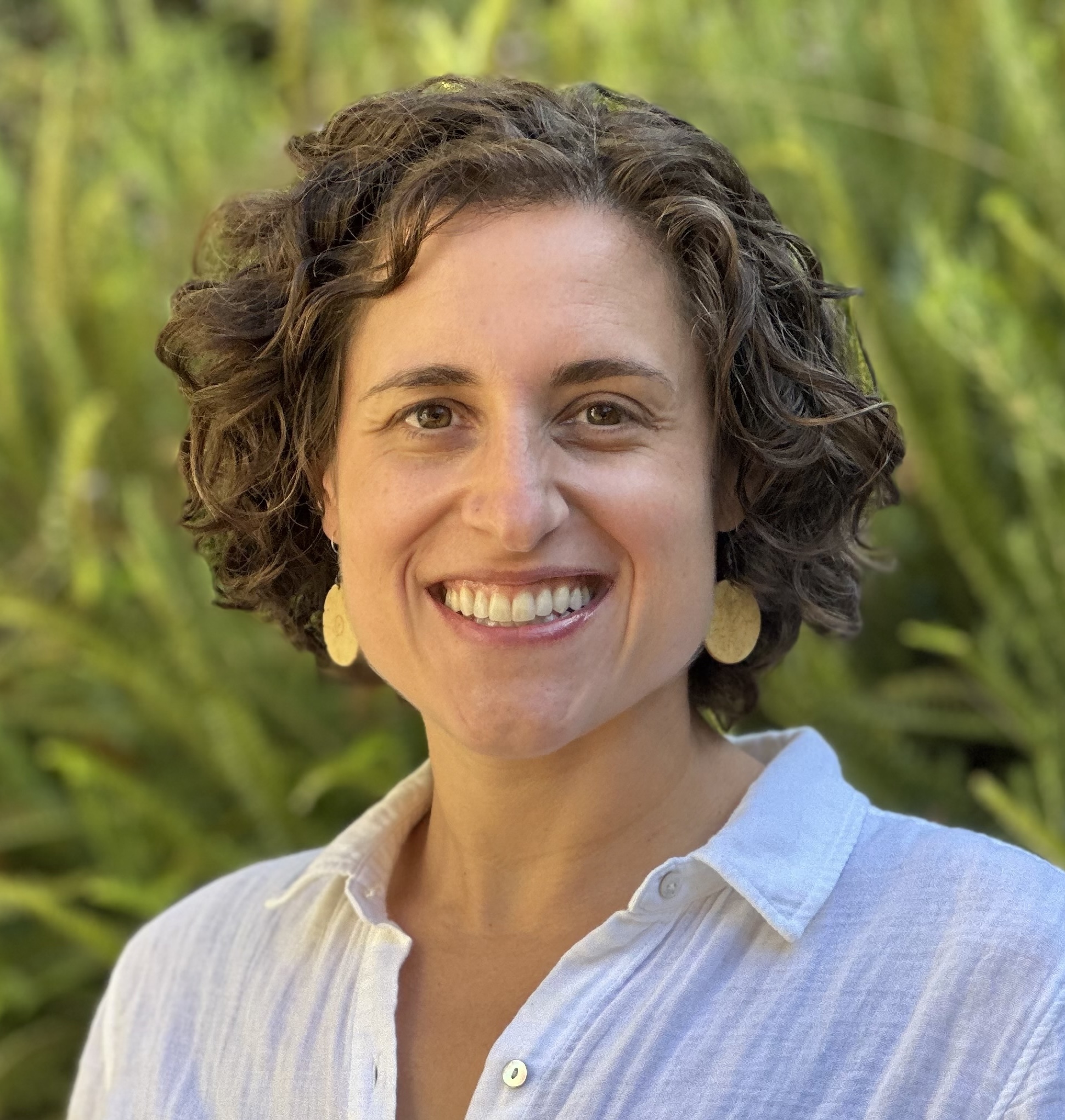
Emily Zazulia
Co-Director
Emily Zazulia is Associate Professor of Music at the University of California, Berkeley. Her first book Where Sight Meets Sound: The Poetics of Late-Medieval Music Writing received the Early Music Award from the American Musicological Society and the Emerging Scholar Book Award from the Society for Music Theory. She has received other awards and fellowships from the National Endowment for the Humanities, the American Council of Learned Societies, the Medieval Academy of America, the Renaissance Society of America, the American Musicological Society, Harvard University's Villa I Tatti, and the Hellman Foundation. Other current projects include a monograph on late-medieval "popular" music and a co-edited volume on Josquin des Prez.
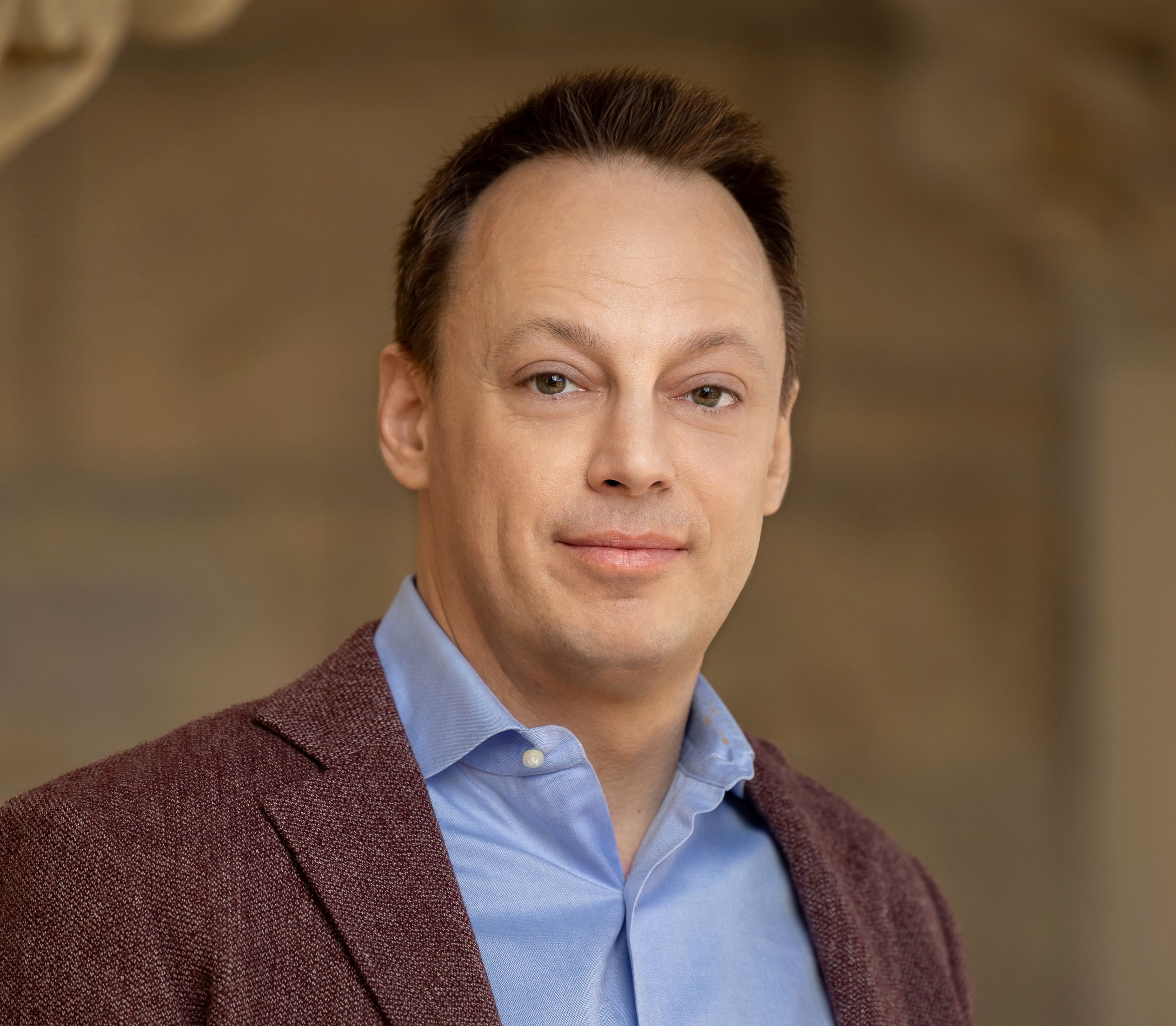
Jesse Rodin
Co-Director
Jesse Rodin is the Osgood Hooker Professor of Fine Arts (Department of Music) at Stanford University. He has published many books and articles on Renaissance music, including, most recently, the monograph The Art of Counterpoint from Du Fay to Josquin (Cambridge University Press, 2024). Rodin directs the vocal ensemble Cut Circle as well as the Josquin Research Project, a tool for exploring a large musical corpus. He is the recipient of awards and fellowships from organizations such as the American Council of Learned Societies, the American Musicological Society, and the Guggenheim Foundation.
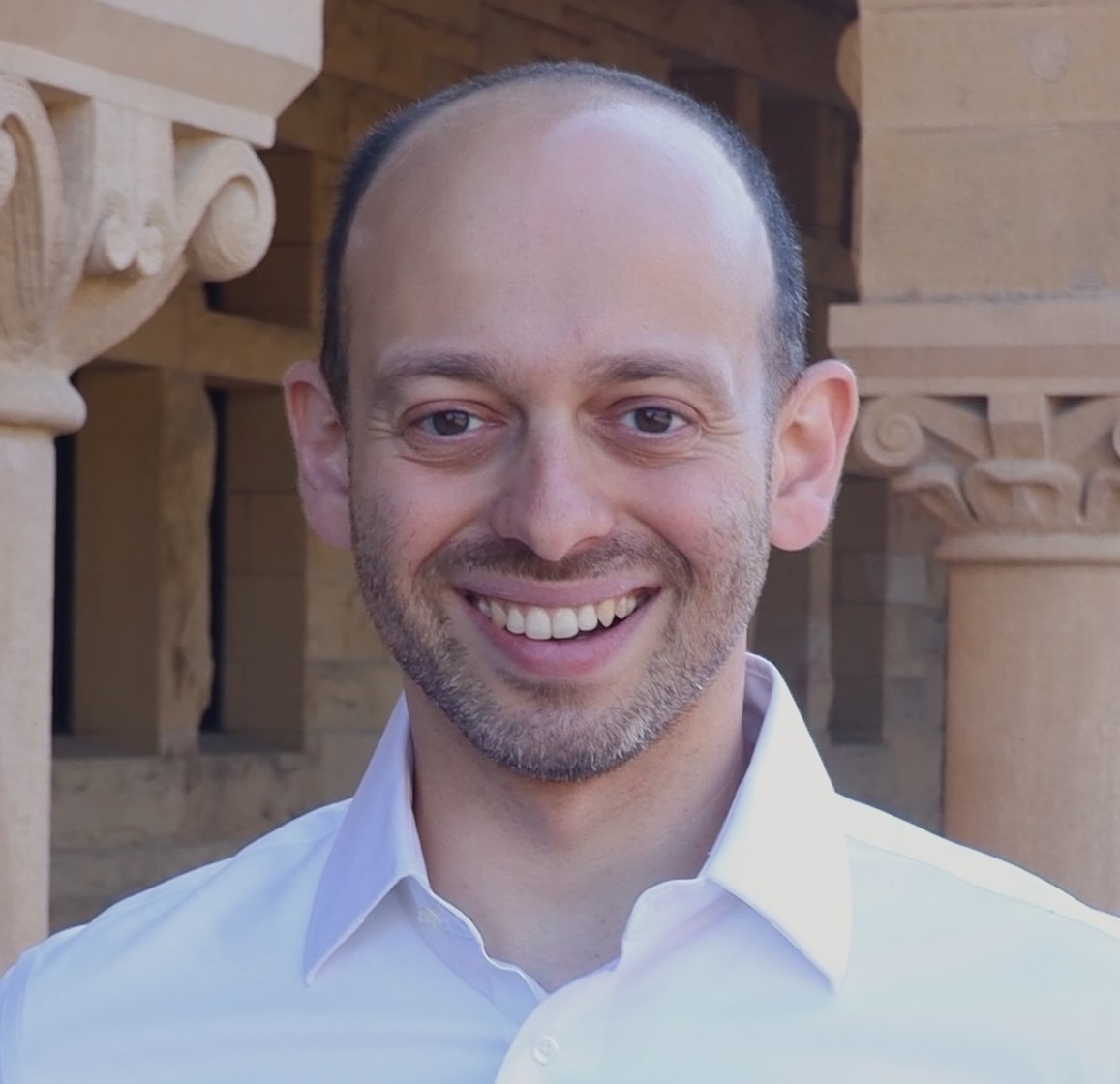
Benjamin Ory
Co-Director
Benjamin Ory is an FWO Junior Postdoctoral Fellow at KU Leuven. He received his PhD in musicology from Stanford University in 2022, and has since served as a Harvard University Villa I Tatti Digital Humanities Fellow, as visiting assistant professor of musicology at Williams College, and as a postdoctoral fellow at Stanford. He is the founder of The 1520s Project, an open-source repository of sixteenth-century music. Ory’s research focuses on sixteenth-century polyphony as well as the early history of Renaissance musicology.
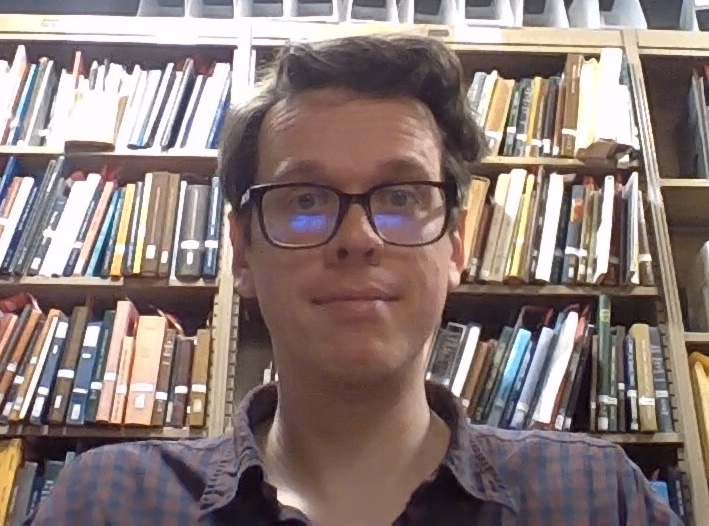
Sam Bradley
Team Member
Sam Bradley received his PhD in Musicology from Boston University in 2024. He works on sources, style, compositional process, and performance practice in late fifteenth- and early sixteenth-century music.
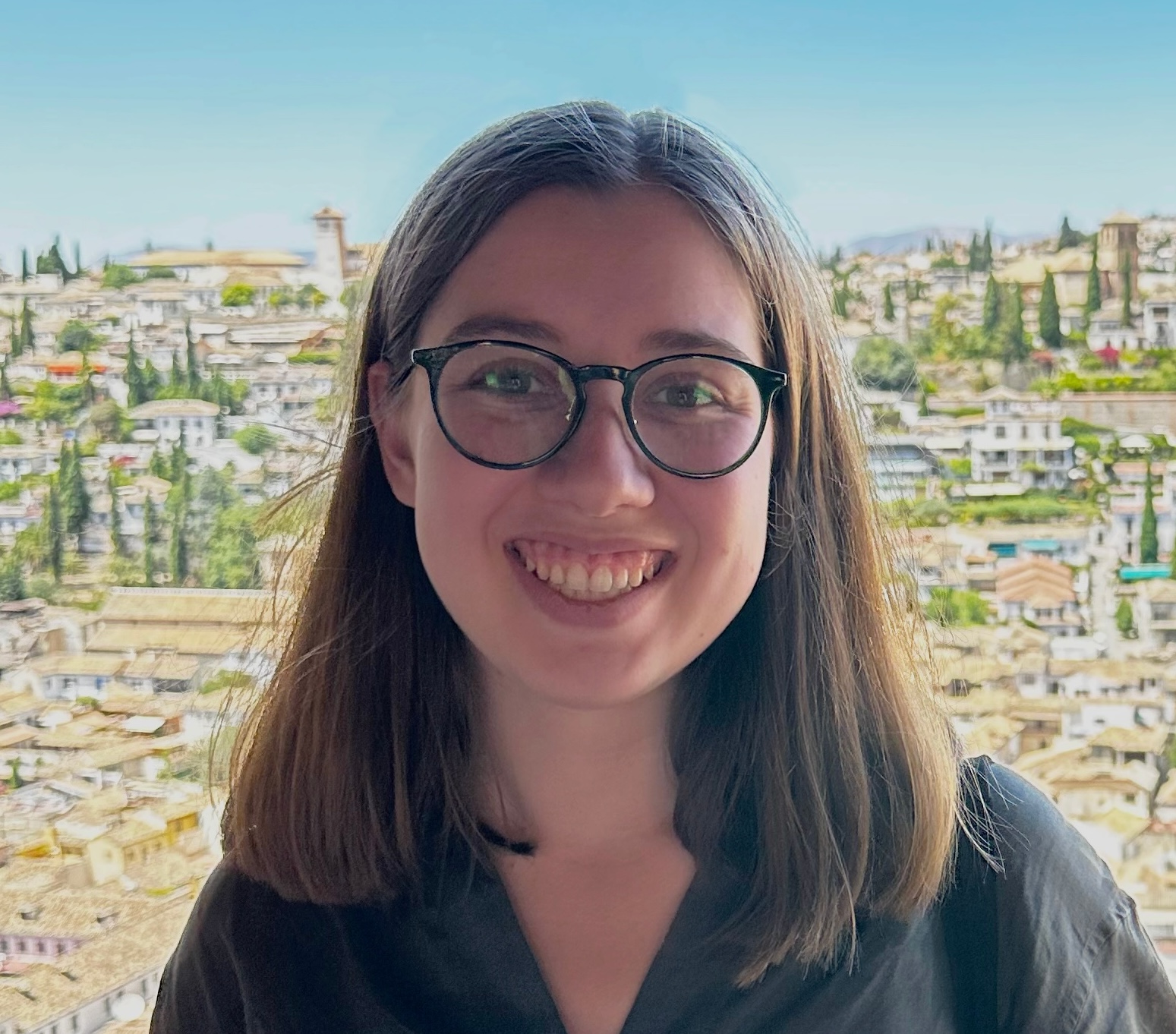
Lara Oge
Team Member
Lara Oge is an undergraduate in her final semester at UC Berkeley, studying Music with minors in Digital Humanities and Medieval Studies. She is broadly interested in the sources of fifteenth- and sixteenth-century polyphony.

Rupert Peacock
Team Member
Rupert Peacock sings with Cut Circle. He began his singing career as a treble in King’s College Choir in Cambridge, UK. In 2024 he graduated from Princeton University with a BA in Music, a certificate in vocal consort performance, and as the recipient of the Isidore and Helen Sacks Memorial Prize. For his senior thesis he conducted research in the archives of Ely Cathedral; the thesis presents a previously unknown piece of sixteenth-century English choral music. .
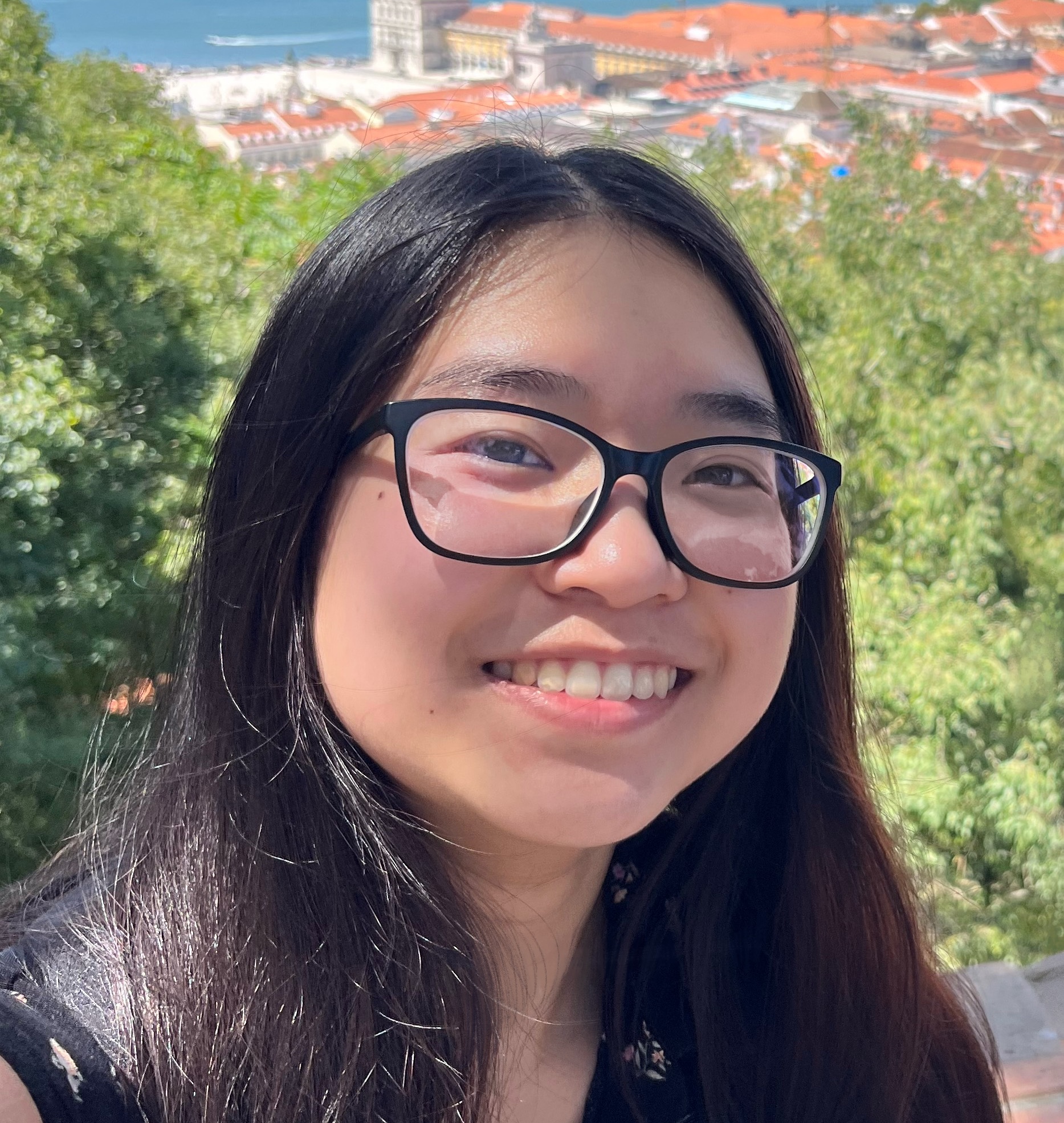
Audrey Nguyen
Team Member
Audrey Nguyen is a first-year undergraduate at UC Berkeley, studying English with secondary areas in Music and History. Her interests center on the interactions between musicians and their contemporaries.
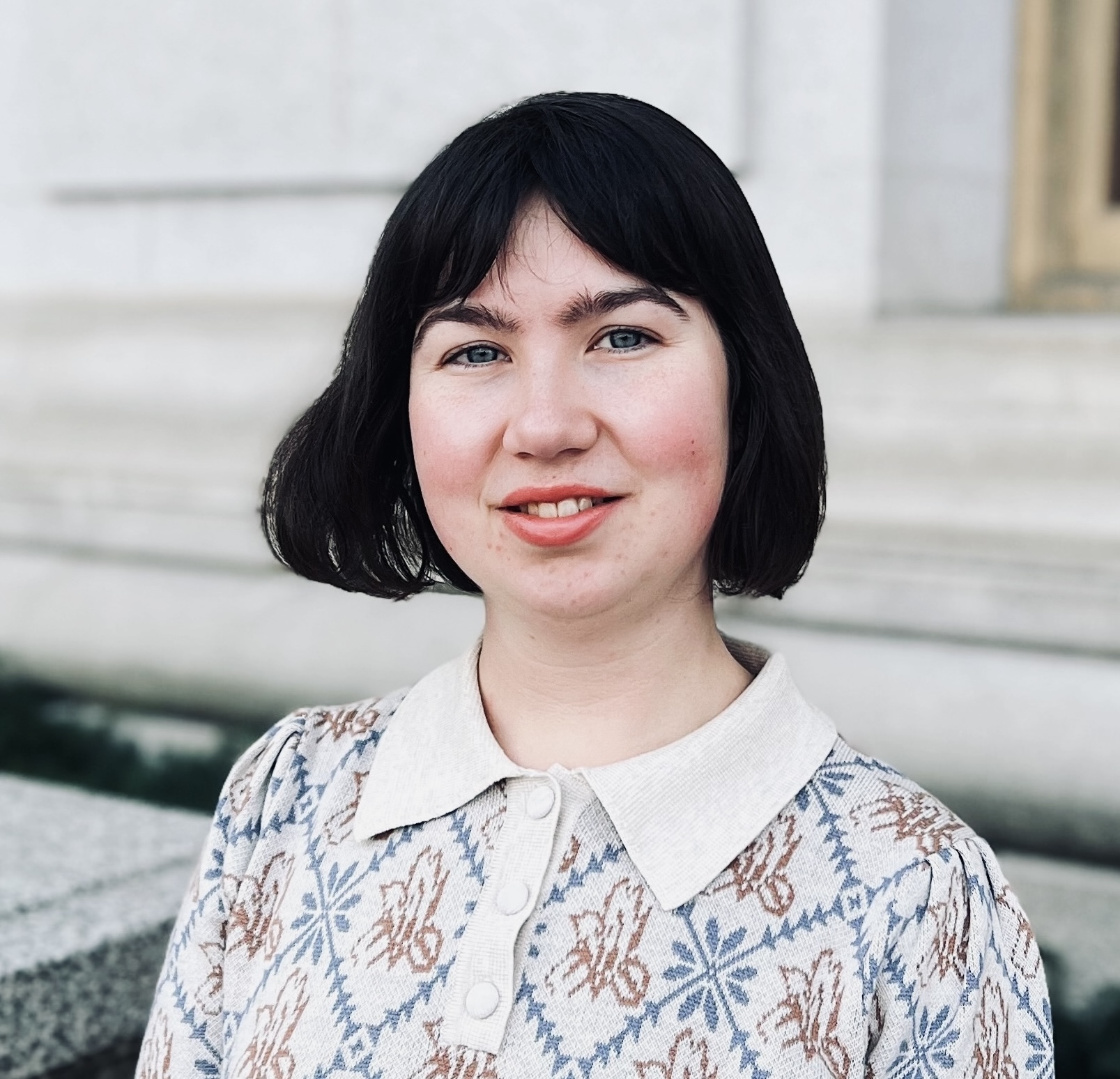
Flannery McIntyre
Team Member
Flannery McIntyre is a PhD Candidate in the Department of Music and Program in Medieval Studies at the University of California, Berkeley. Prior to starting her PhD, she earned a MPhil in Medieval Archaeology from the University of Cambridge. Her dissertation, entitled “An History of Music and Intellectual Culture, 300 – 900 A.D,” explores how people understood music’s place in the contexts of religion, material culture, quadrivial sciences, politics, and literature during Late Antiquity and the Early Middle Ages.